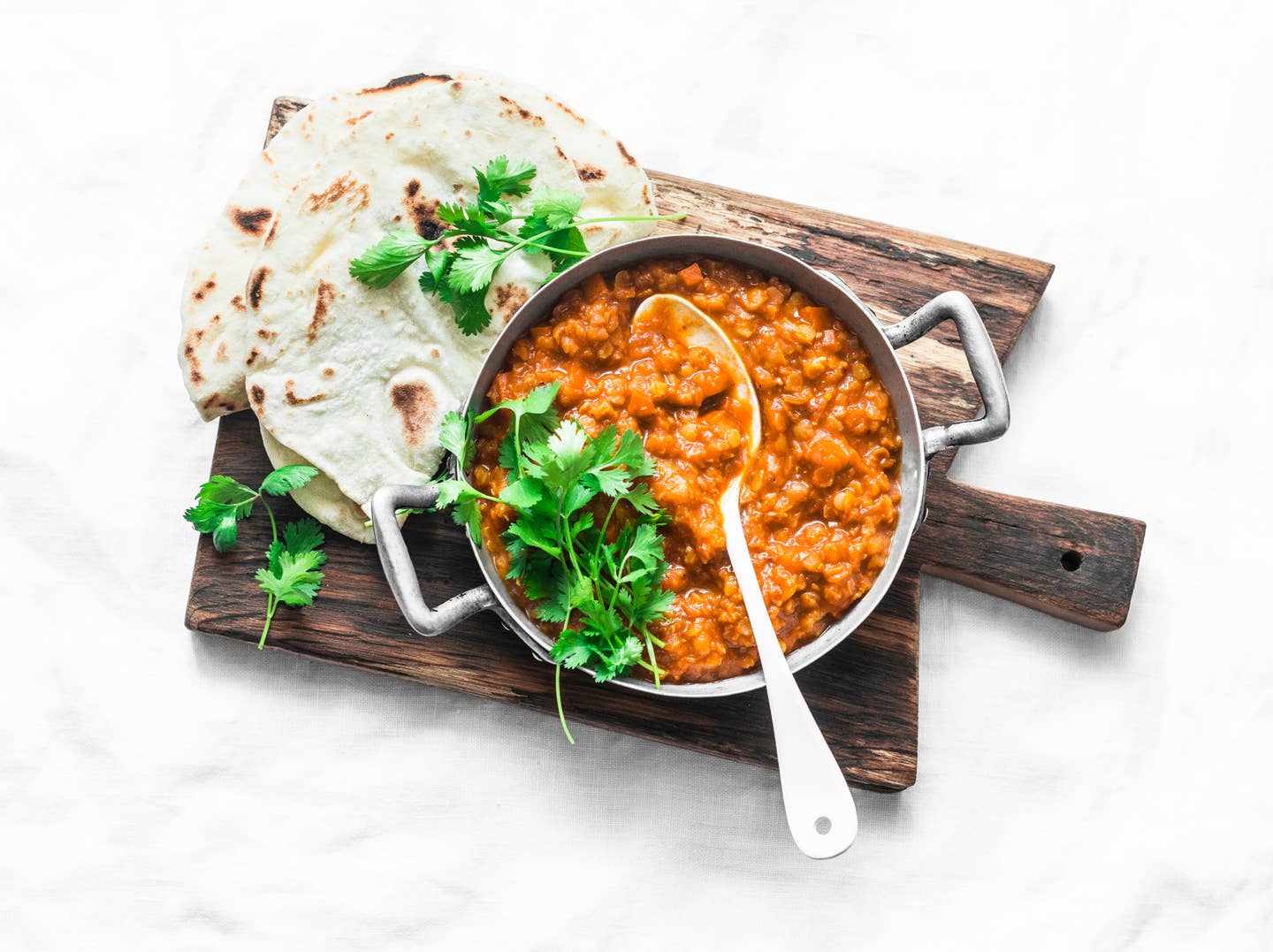
Study Finds a Low-Fat, Plant-Based Diet Is Best for Heart Health for All Races
A new study by researchers with the Physicians Committee for Responsible Medicine (PCRM) found that for heart health and immunity, a low-fat, plant-based diet was the best way to eat, regardless of race and ethnic background. The researchers studied 222 Black and white participants and found that such a diet can help people from diverse backgrounds as both groups studied showed similar improvements in their BMI, cholesterol levels, and other health metrics, with no meaningful differences between the two races.
PCRM is a group of over 12,000 doctors and medical professionals who advocate for a plant-based diet for health and immunity and has launched "Fight COVID-19 with Food," a free eight-week program online to educate people about plant-based nutrition
“These findings suggest plant-based dietary interventions offer clinical treatment opportunities to improve cardiovascular health risks independent of race,” said study author Hana Kahleova, MD, PhD, director of clinical research for the Physicians Committee, in a statement.
To further explain the research, a clinician not associated with the study, Alexandra Salcedo, RD, a clinical dietitian at UC San Diego Health, explains the significance of the findings:
“The study conducted was to assess if there was a change in the cardiovascular health between overweight Blacks and white participants following a low fat plant-based vegan diet for 16 weeks,” she recounted (Salcedo wasn’t involved in this study). “The study showed both groups had improvement in their cardiometabolic health but here was no statistical significance between the cardiometabolic health between both races after following a plant-based diet for 16 weeks. Participants, both Black and white, noticed an improvement in their LDL [or ‘bad] cholesterol, fasting glucose, BMI, insulin resistance, total cholesterol, and visceral fat among other cardiovascular labs. This study also proves that there are no significant changes on how two races metabolize food,” she explained.
While Salcedo found the findings “promising” she noted that more research is needed to corroborate their findings. “Nutrition studies are difficult to assess since there is so much variability of food intake and varies so much on a daily basis. Out of 16 weeks, or 112 days, only a three-day food diary was analyzed and so it is difficult to assess diet compliance on a low-fat plant-based diet,” she said. “I would question the accuracy and under-or over-reporting of food intake with those three days’ worth of food that was recorded, which only accounts for 2.6% of their food intake throughout the duration of the study,” she continued, also noting the small sample size of the study and the fact that diabetes was one of the exclusion factors for this study “which was surprising since many people suffering from diabetes also have cardiovascular disease.”
Despite the small sample size and limited data, this study underscores the importance of wider access to affordable, nutrient-dense plant-based fare for people in traditionally underserved communities. Since both Black and white study participants showed similar cardiovascular risk reduction from adhering to a low-fat, plant-based diet, the research provides evidence that regardless of race, the benefits of such a way of eating on heart health is omnipresent. As Kahleova put it in the same press release, “Our research shows that both Black and white individuals can benefit equally from a vegan diet based on the consumption of fruits and vegetables, legumes, and whole grains, looking specifically at weight loss and cardiometabolic health in overweight adults.”
Bottom Line: Following a low-fat, whole-food, plant-based diet is the best way to eat for heart-health and to lose weight, which is especially important now, in the time of COVID-19.
Here's what to eat on a whole-food, plant-based diet:
- Fresh or frozen fruits and vegetables, leafy greens
- Plant-based proteins: such as tofu, tempeh, seitan, nutritional yeast, legumes (beans, lentils, edamame, chickpeas)
- Whole grains such as quinoa
- Fat-free, no-oil dressings
Here are the foods to avoid:
- Animal proteins: meat, poultry, fish, seafood, egg
- Junk foods with oils
- No added oil, butter, or margarine.
- Nuts, seeds, or coconut or palm oil
As for what that looks like in a typical day, below is Salcedo’s sample meal plan:
Breakfast: A breakfast burrito comprised of a vegetable tofu scramble (crumbled tofu sautéed with onion, garlic, spinach, nutritional yeast, and a pinch of salt & pepper), pinto beans, and pico de gallo salsa wrapped in a whole wheat tortilla.
Snack: Oil-free hummus with carrots/cucumbers or pita chips
Lunch: Chickpea or lentil pasta noodles with vegetable bolognese (tomato sauce cooked with finely chopped cauliflower, peas & carrots) on a bed of spring mix.
Snack: Oil-free granola with dried apricots
Dinner: Steamed broccoli, brown rice, and tempeh cubes sautéed in teriyaki sauce.
More From The Beet






